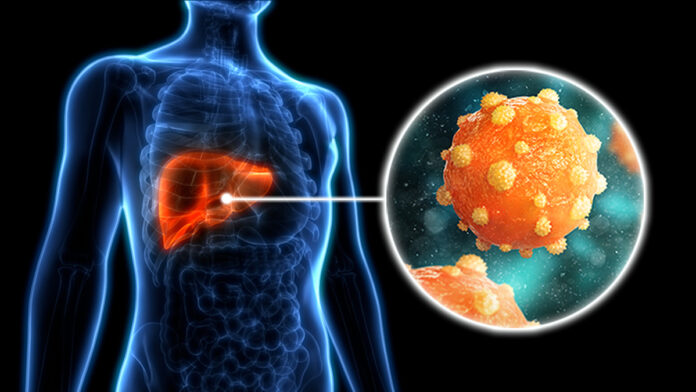Hepatitis is an inflammation of the liver, a vital organ responsible for numerous critical functions in the body, including detoxification, protein synthesis, and production of biochemicals necessary for digestion. Hepatitis can be caused by various factors, including viral infections, excessive alcohol consumption, certain medications, toxins, and autoimmune diseases. Here are the main types of hepatitis:
1. Viral Hepatitis
- Hepatitis A (HAV): Typically spread through ingestion of contaminated food or water. It is usually a short-term infection and does not lead to chronic liver disease.
- Hepatitis B (HBV): Transmitted through contact with infectious body fluids, such as blood, semen, and vaginal fluids. It can cause both acute and chronic disease.
- Hepatitis C (HCV): Mainly spread through blood-to-blood contact. Most people with HCV develop chronic infection, which can lead to serious liver damage.
- Hepatitis D (HDV): Only occurs in people who are already infected with HBV, as HDV requires HBV to replicate.
- Hepatitis E (HEV): Usually spread through ingestion of fecal matter, often via contaminated water. It is typically acute and self-limiting but can be severe in pregnant women.
2. Alcoholic Hepatitis
- Caused by excessive alcohol consumption. Chronic drinking leads to liver inflammation and can progress to cirrhosis and liver failure.
3. Autoimmune Hepatitis
- The body’s immune system attacks liver cells, causing inflammation. The exact cause is unknown, but it is believed to result from a combination of genetic and environmental factors.
4. Drug-Induced Hepatitis
- Certain medications and toxins can cause liver inflammation. This can be acute or chronic depending on the exposure and the individual’s susceptibility.
Symptoms of Hepatitis
Symptoms can vary depending on the type of hepatitis and its severity, but common symptoms include:
- Fatigue
- Jaundice (yellowing of the skin and eyes)
- Abdominal pain
- Dark urine
- Pale stool
- Loss of appetite
- Nausea and vomiting
- Fever
- Joint pain
Diagnosis
Diagnosis typically involves blood tests to detect the presence of hepatitis viruses, liver function tests, imaging studies like ultrasound or CT scan, and sometimes a liver biopsy to assess the extent of liver damage.
Treatment
Treatment depends on the type and severity of hepatitis:
- Hepatitis A and E: Often resolve on their own without specific treatment, though supportive care to manage symptoms is important.
- Hepatitis B and C: May require antiviral medications. Chronic cases often need long-term treatment to prevent liver damage.
- Alcoholic Hepatitis: Abstinence from alcohol, nutritional support, and medications to reduce liver inflammation.
- Autoimmune Hepatitis: Immunosuppressive drugs to reduce the immune system’s attack on the liver.
Prevention
Preventive measures include vaccination (for Hepatitis A and B), safe sex practices, avoiding sharing needles, ensuring safe drinking water, and moderating alcohol intake.
Early detection and appropriate management are crucial to prevent serious complications like liver cirrhosis, liver failure, or liver cancer.



